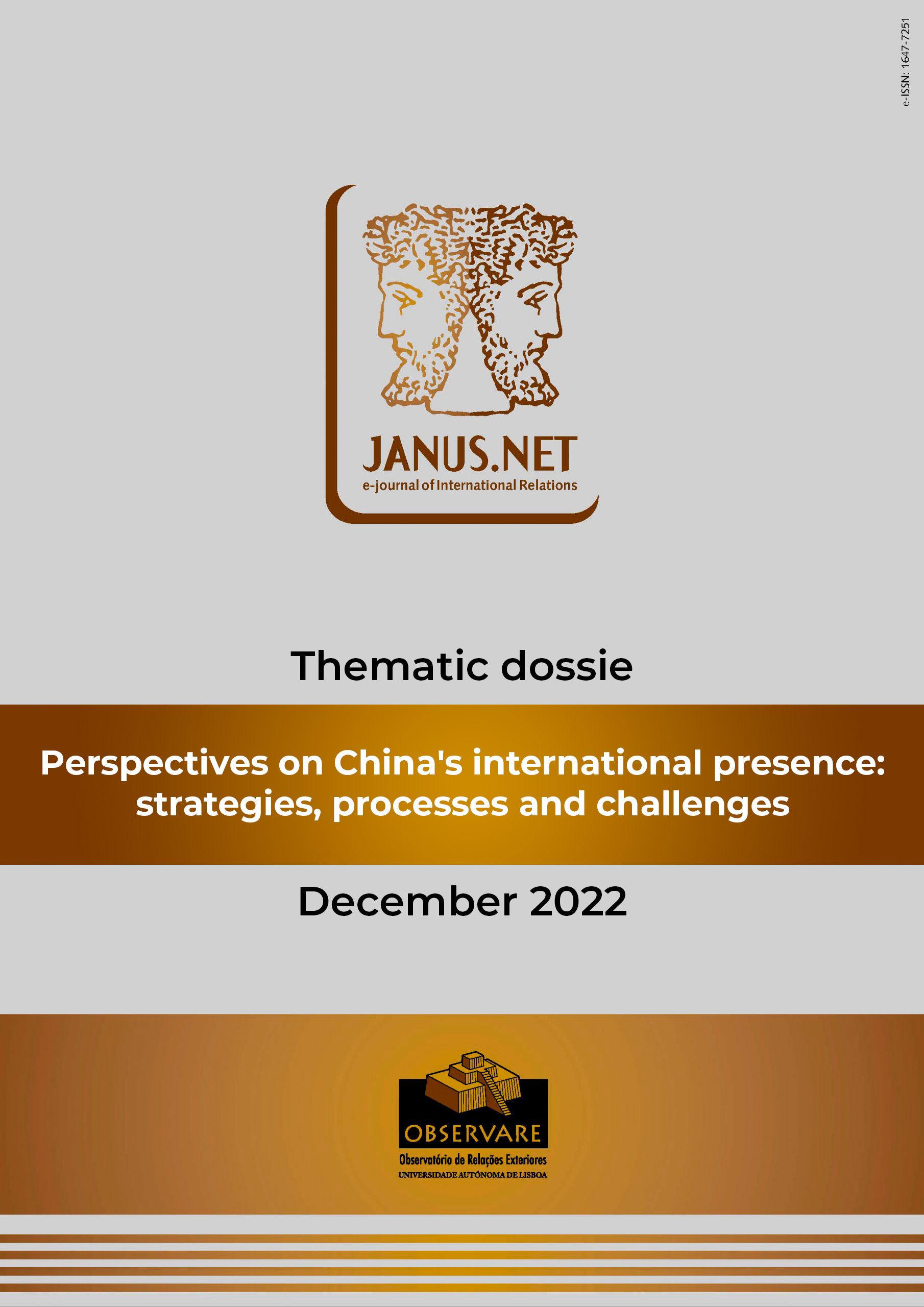This essay is an exploratory exercise that aims to outline the agenda-setting processes in the
People’s Republic of China (PRC), specifically using the case of health policies. To this end, it
begins with a brief description of the Chinese health system from the Maoist period to the
current one, followed by a more in-depth analysis of the contemporary period, from 2002 –
year of change of leadership of the Chinese Communist Party and consequent new Five-Year
Plan – to the present day. The goal is to understand the evolution of the processes involved.
The analysis is based on the Multiple Streams analytical model, advocated by John Kingdon,
taking as an example the Chinese health care reforms. The main objective is to understand
the assumptions that have been guiding the definition of the Chinese political agenda and to
point out future trends based on the evolutionary framework resulting from this work.
Evolução dos processos de agenda-setting na República Popular da China – o caso ilustrativo das reformas de saúde
Doutoranda em Políticas Públicas no Departamento de Ciências Sociais, Políticas e do Território
da Universidade de Aveiro (Portugal). É investigadora da unidade de investigação GOVCOPP
(Governança, Competitividade e Políticas Públicas), do mesmo Departamento e Universidade.
Mestre em Estudos Chineses, na vertente de Economia e Negócios, pela Universidade de Aveiro.
Atualmente é bolseira de investigação doutoral da Fundação para a Ciência e Tecnologia em
parceria com o Centro Científico e Cultural de Macau. Membro da Cost Action CHERN – China and
Europe Relations Network.
Resumo
Palavras-chave
Como citar este artigo
Santiago, Anabela (2022). Evolução dos processos de agenda-setting na República Popular
da China – o caso ilustrativo das reformas de saúde. Janus.net, e-journal of international
relations. VOL13 N2, TD1 – Dossiê temático “Perspectivas sobre a presença internacional da
China”, Dezembro 2022. Consultado [em linha] em data da última consulta,
https://doi.org/10.26619/1647-7251.DT22.1
Article received on 8 May, 2022 and accepted for publication on 25 May, 2022















